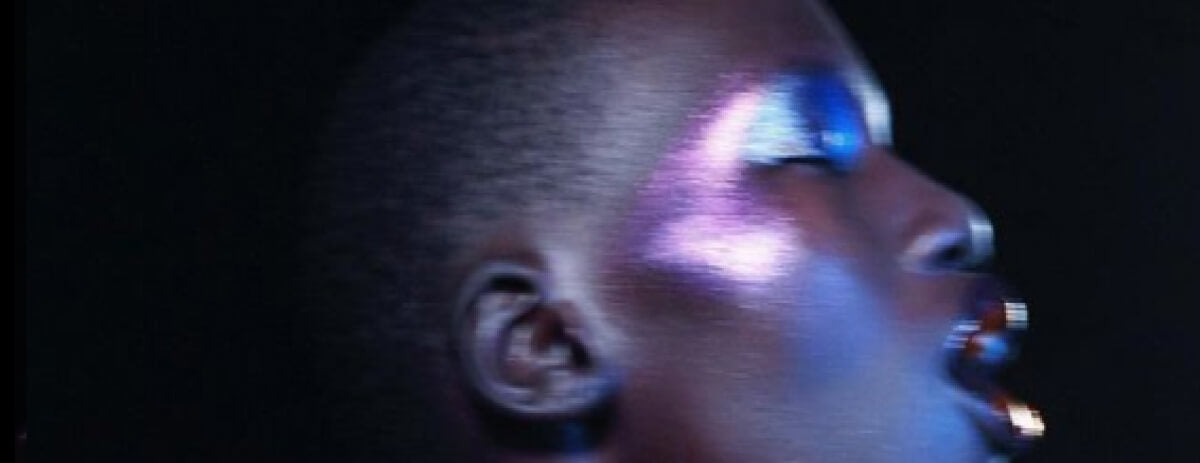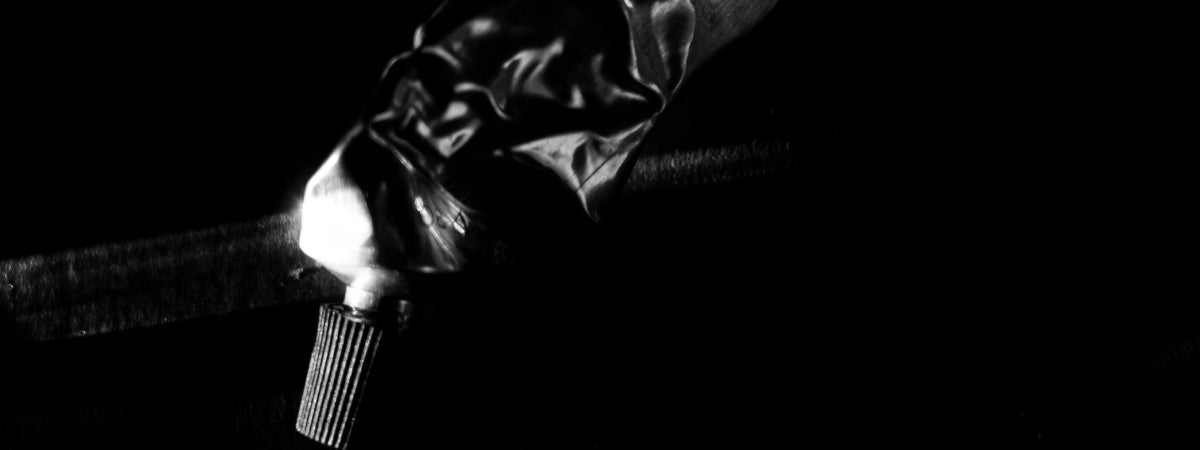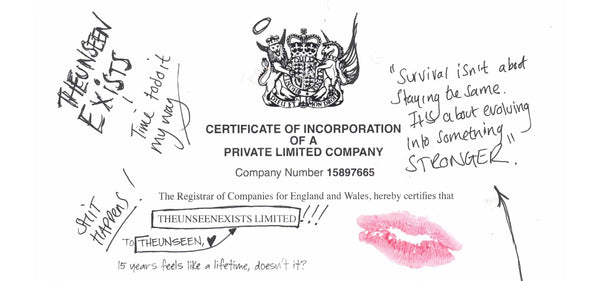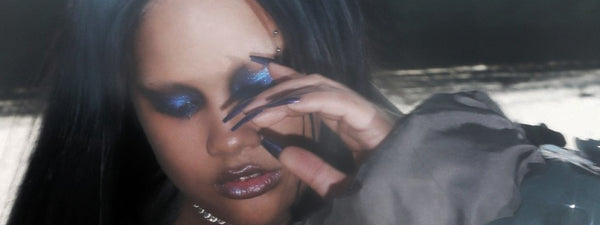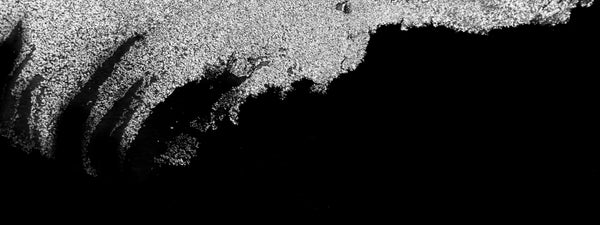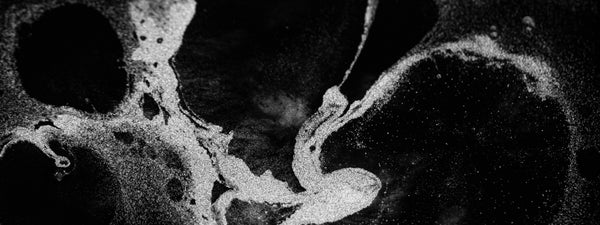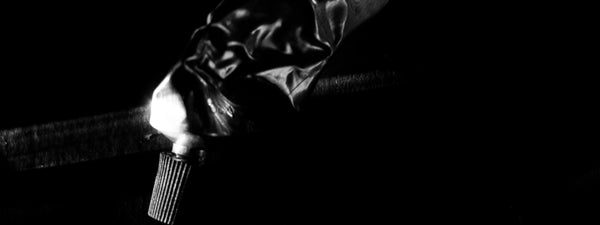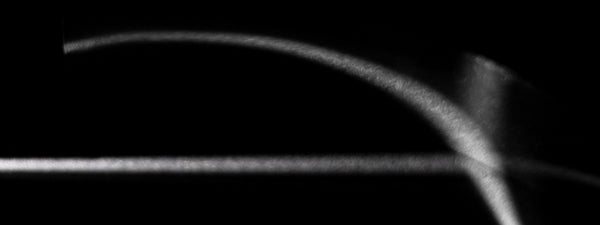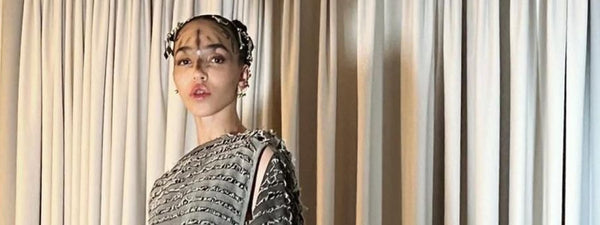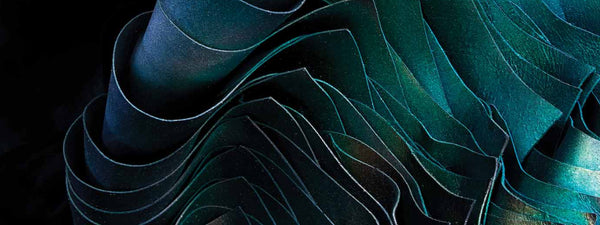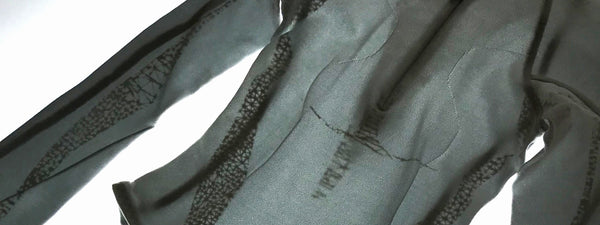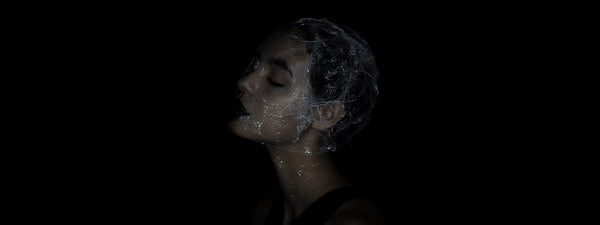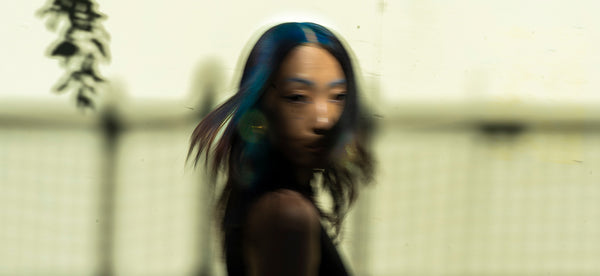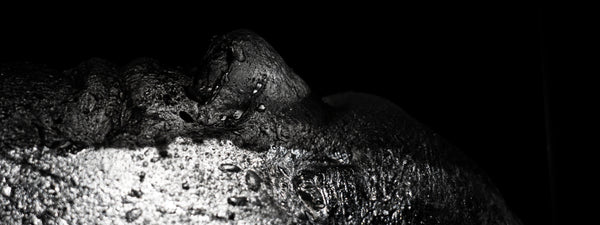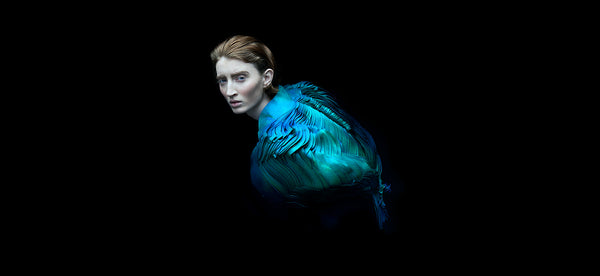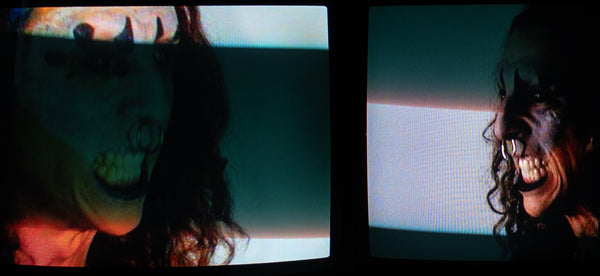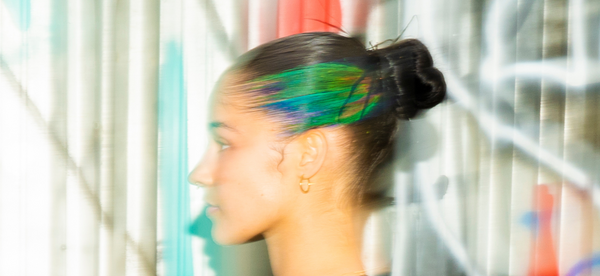In our previous post, the very duality of light and dark exists because of one’s relationship to the other, and our experiences of the two. This dualism forms the very foundation of our understanding of the world, others and ourselves – continuing into how we present ourselves through makeup.
Here we see the longstanding duality of light and dark carry through, with variations of feminine vs masculine, or good vs bad. If we look at our own makeup habits to begin with, when you decide to do a dark smokey eye for a night out, how is it you want to feel and look? Sexy? Sophisticated? Edgy? Bold? Confident? Adjectives which aren’t ordinarily associated with light.
Light vs dark makeup
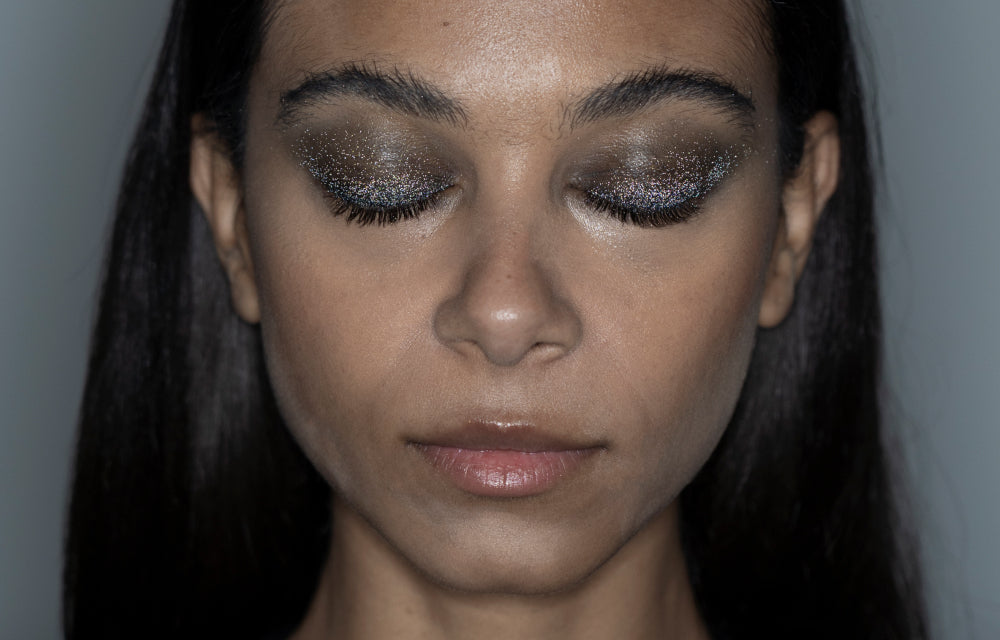
If we look to research done in this area and the most prevalent connotations, dark makeup can invoke mystery, seductiveness, and maturity. While recent trends like the "clean makeup" look opt for a lighter feel with emphasis on skin, void of dark eye makeup and black eyeliner. Further fuelling the idea that darkness represents an unknown, while lightness equates to naturalness, purity, and innocence.
One study examined the influences of light and heavy makeup on ratings of attractiveness and face recognition. The researchers characterised the light makeup by naturalness and femininity using natural tones, while the heavy makeup was characterised by maturity and coolness, using dark, low-chromatic colours.1
The study goes on to find that faces with light makeup were ranked more attractive than those wearing heavy makeup and were more easily recognised. Another 2011 study found that natural makeup was ranked higher than no makeup in likability and trustworthiness, suggesting natural, lighter makeup also impacts a sense of social cooperation, attractiveness, and competence.2
The first study only presented faces of women, to an audience of women, which feels inconclusive and biased. The second study features a mix of men and women as viewers and is more likely to be a conclusive set of data. What we can take away from these studies is that “light” in makeup is linked to more “positive” qualities of likability, attractiveness, and trustworthiness, while “dark” displays connotations of the mystery, maturity and distrust. Could this be because of our own psychologically ingrained dualism of light and dark and the automatic associations we make? Does dark makeup register as unknown, mysterious, and distrustful? Are we able to reverse subvert these associations?
Light and dark as a form of self-expression

For centuries we’ve been adding light and dark to our faces in the form of contour – highlighting the nose, hollowing out the cheeks to give the illusion of high cheekbones and a chiselled jawline. Contouring gives structure to our faces, allowing us to add shadows and light to change shapes or enhance natural features. It’s a way we can express ourselves, and this can be seen across different cultures and communities.
If we look to heavy metal and punk subcultures, dark, heavy makeup is a form of self-expression for many. Whether to depict horror, inspire alienation, fear or to create a persona like the members of band Kiss, where the direct contrast of white and black makeup conceals their identities, while creating a distinct, recognisable visual language which their fans could identify with — to the point that in 1978 they filed for a makeup design trademark.3 This form of self-expression further plays on the dichotomy of light and dark, moving away from the directness of good vs bad and feminine vs masculinity to connotations of subversiveness and sexuality, that are inadvertently — advertently seen as “dark traits”.
References list:
1 Tagai, K., Ohtaka, H., & Nittono, H. (2016). Faces with light makeup are better recognized than faces with heavy makeup. Frontiers in Psychology, 7. DOI: 10.3389/fpsyg.2016.00226
2 Etcoff, N. L., Stock, S., Haley, L. E., Vickery, S. A., & House, D. M. (2011). Cosmetics as a feature of the extended human phenotype: Modulation of the perception of biologically important facial signals. PLoS ONE, 6/10. DOI: 10.1371/journal.pone.0025656
3 Cownley, E. (2020). A heavy metal history of stage make-up: Why costume is the ultimate marketing tool. loudersound. Louder. Retrieved January 13, 2023, from <https://www.loudersound.com/features/a-heavy-metal-history-of-stage-make-up-why-costume-is-the-ultimate-marketing-tool>
